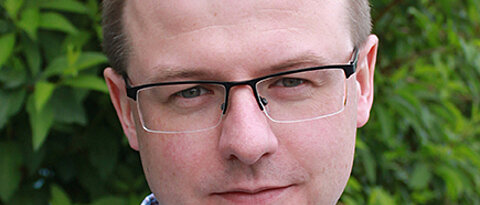
A European Research Council grant worth around 1.5 million Euros has been awarded to Dr. Grzegorz Sumara, a biologist from Würzburg (Germany). It supports his outstanding research proposal about the widespread disease obesity.
more
A European Research Council grant worth around 1.5 million Euros has been awarded to Dr. Grzegorz Sumara, a biologist from Würzburg (Germany). It supports his outstanding research proposal about the widespread disease obesity.
more![[Translate to Englisch:] Von links oben im Uhrzeigersinn: Christian Schneider, Viktoria Däschlein-Geßner, Grzegorz Sumara, Barbara Händel (Foto: Uni Würzburg). Christian Schneider, Viktoria Däschlein-Geßner, Grzegorz Sumara, Barbara Händel](/fileadmin/_processed_/c/0/csm_erc-starters-2015_9db0971fc6.jpg)
Four scientists from the University of Würzburg are receiving "Starting Grants" from the European Research Council (ERC). The ERC awards the grant to excellent up-and-coming researchers. The scientists each receive 1.5 million euros for their work.
more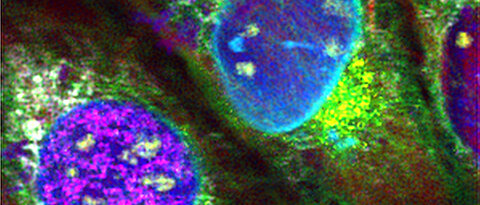
Advance in biomedical imaging: The University of Würzburg's Biocenter has enhanced fluorescence microscopy to label and visualise up to nine different cell structures simultaneously.
more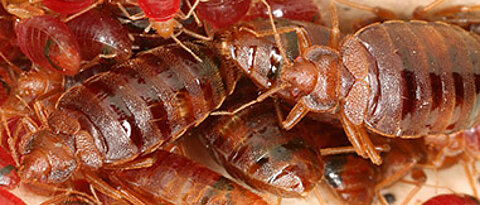
An international team of scientists has managed to sequence the genome of the bedbug. Among them are neurogeneticists from the University of Würzburg's Biocenter. They studied genes that control the circadian clock, secretion and moulting processes.
more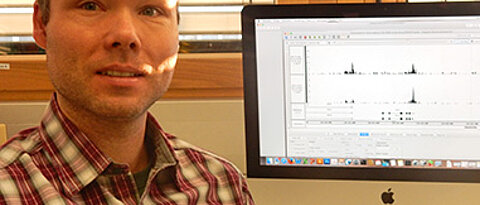
Molecular biologist Elmar Wolf is interested in proteins which are responsible for the uncontrolled growth of many tumour types. Now the German Research Foundation (Deutsche Forschungsgemeinschaft - DFG) has approved a new Emmy Noether Junior Research Group.
more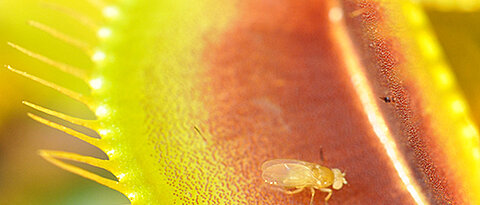
The carnivorous Venus flytrap carefully plans its meals: It can count how often it is touched by an insect to calculate the digestive effort. This discovery has been made by plant scientists of the University of Würzburg.
more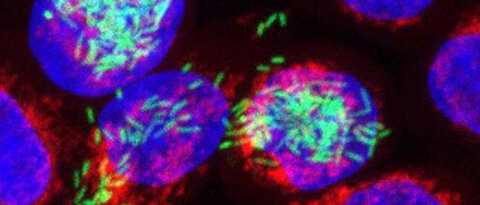
A new approach pioneered by researchers at the University of Würzburg may prove to be a big step forward in the study of the molecular basis of infectious diseases. For the first time, the scientists have shown in detail which genes are activated or repressed in both the pathogen and in the host cell during an infection. The results are published in the journal Nature.
more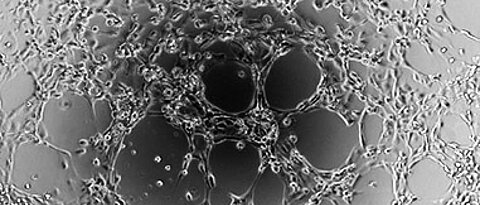
Fighting haemophilia A, a bleeding disorder, with the body's own cells: That is the goal of a new international research consortium led by scientists from Würzburg. The EU funds the project with around €5.5 million.
more